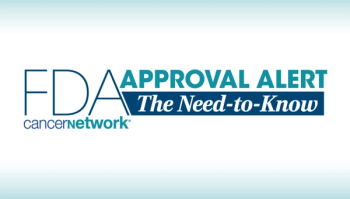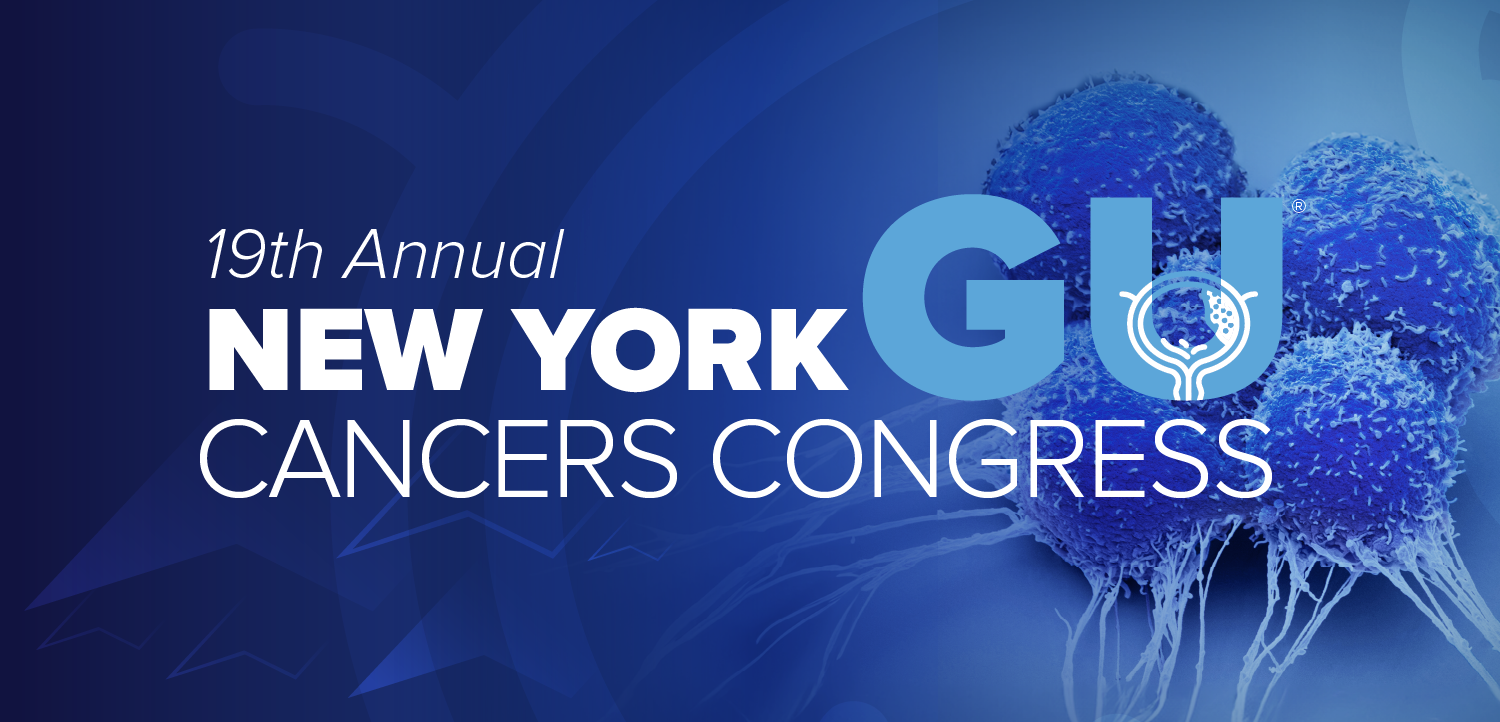
CancerNetwork®’s Week in Review: June 8, 2021
Look back at some of the important news and notes from last week you might have missed in the world of oncology from the 2021 ASCO Annual Meeting, the FDA, and the journal ONCOLOGY®.
Each Monday, CancerNetwork® highlights the most important content from the previous week in oncology news.
Last week featured an approval from the FDA for the treatment of cholangiocarcinoma and an update on results of a trial presented at the 2021 American Society of Clinical Oncology (ASCO) Annual Meeting.
An industry thought leader recaps current challenges to traditional reimbursement models in an article from Medical Economics®.
While the pandemic has accelerated the acceptance of telehealth and remote patient monitoring, the groundwork was being laid even prior to COVID-19. According to McKinsey & Company, United States consumer telehealth adoption has skyrocketed from 11% in 2019 to 46% currently.
Data from the OlympiA trial support olaparib (Lynparza) use in certain patients with BRCA1/2–positive early breast cancer.
Olaparib is a PARP inhibitor that targets DNA repair defects in certain germline-mutant cancers and was previously approved by the FDA in January 2018 for the treatment of patients with germline BRCA-positive, HER2-negative metastatic breast cancer. As such, investigators sought to examine the agent in patients with germline BRCA–mutated, HER2-negative early breast cancer.
A presentation at the recent 46th Annual Oncology Nursing Society’s Annual Meeting focused on ethical dilemmas facing oncology nurses and how clinicians are managing them.
While end-of-life care can highlight ethical dilemmas, the challenges start at diagnosis, when nurses are faced with educating patients and their family members, determining goals of care, discussing clinical trial participation, and assessing patients physically, cognitively, and psychologically.
Objective response data from a phase 2 trial supported the FDA’s decision to grant infigratinib accelerated approval to treat patients with certain a certain type of cholangiocarcinoma.
Data supporting the decision were from the multicenter, open-label, single-arm phase 2 CBGJ398X2204 trial in 108 patients who had received at least 1 prior therapy to receive daily infigratinib at 125 mg for 21 days of 28-day cycles.
The phase 1/2a trial reported favorable efficacy data in the first-line setting when compared with existing historical results for treating advanced pancreatic cancer.
The ongoing, open-label, phase 1/2a CANFOUR trial enrolled 36 patients with advanced pancreatic ductal adenocarcinoma, reporting the early efficacy data for the combination treatment in the first-line setting, which compares favorably to the existing historical control data.
For more updates from CancerNetwork®, make sure to follow us on
Newsletter
Stay up to date on recent advances in the multidisciplinary approach to cancer.






















































